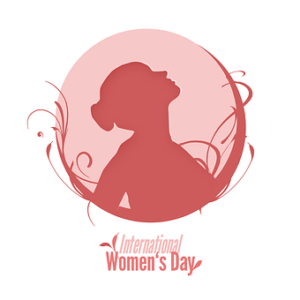Becoming a new mum can be an exciting yet overwhelming experience. With so much information available, it can be challenging to navigate through this phase confidently. As a Mum, I have compiled some tips based on research and expert advice to help you take care of yourself and your baby during pregnancy and infancy.
Prenatal Care
Prenatal care is essential for a healthy pregnancy and baby. According to the American College of Obstetricians and Gynecologists (ACOG), regular prenatal check-ups with a healthcare provider can detect and treat any potential health problems early on, leading to better outcomes for both mother and baby. Prenatal care may include blood tests, ultrasounds, and other screenings to monitor the baby’s growth and detect any potential complications.
Nutrition
Proper nutrition during pregnancy is crucial for a healthy baby. The ACOG recommends that pregnant women eat a balanced diet that includes fruits, vegetables, whole grains, lean protein, and healthy fats. They also advise against consuming alcohol, caffeine, and raw or undercooked meat and eggs, as these can be harmful to the baby.
Exercise
Regular exercise can help you stay healthy during pregnancy. The American Pregnancy Association suggests that pregnant women aim for at least 30 minutes of moderate-intensity exercise most days of the week, unless advised otherwise by their healthcare provider. Exercise can help reduce the risk of gestational diabetes, improve mood, and help with weight management.
Sleep
Getting enough sleep is crucial during pregnancy, as it can reduce stress and promote overall health. The National Sleep Foundation recommends that pregnant women aim for 7-9 hours of sleep per night and avoid caffeine and electronics before bedtime.
Breastfeeding
Breastfeeding has many benefits for both mother and baby. The American Academy of Pediatrics (AAP) recommends exclusive breastfeeding for the first six months of a baby’s life, followed by continued breastfeeding with the introduction of solid foods. Breastfeeding can help reduce the risk of certain infections, allergies, and chronic diseases for the baby, and also has benefits for the mother, such as reducing the risk of certain types of cancer.
Infant Care
Taking care of a newborn can be challenging, but there are many resources available to help. The AAP recommends that infants sleep on their backs, be breastfed, and receive regular check-ups with a healthcare provider. Parents should also be aware of signs that may indicate a health problem, such as fever, breathing difficulties, or irritability.
Postpartum Care
Postpartum care is essential for new mums. The ACOG recommends that women receive a postpartum check-up with their healthcare provider 3-6 weeks after giving birth. This appointment can help detect and treat any postpartum complications, provide emotional support, and offer advice on breastfeeding and infant care.
In conclusion, taking care of yourself and your baby during pregnancy and infancy can be a challenging yet rewarding experience. By following the tips above and consulting with your healthcare provider, you can help ensure a healthy and happy outcome for you and your baby.
Advisory: This blog post is for informational purposes only and is not intended as medical advice. Always consult with your healthcare provider for personalized advice and care.




